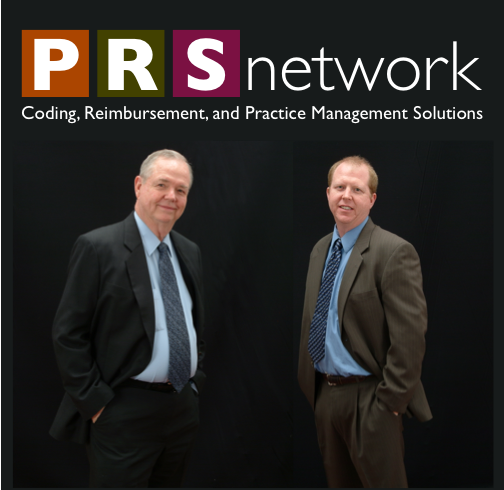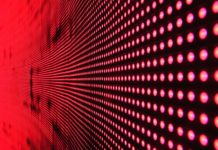Q
Please tell me the rules and reimbursements (if any) regarding intravesical use of botulinum toxin A (Botox) related to urgency and frequency of urination.
A
There is no specific code for the intravesical use of botulinum toxin A as a treatment of urgency and frequency of urination. The correct code for the injection procedure is 53899—Unlisted procedure, urinary system. The HCPCS code for botulinum toxin is A0585. Reimbursement varies by carrier, and is unlikely in many areas.
Prior to giving botulinum toxin, we would suggest that you obtain an Advance Beneficiary Notice of Noncoverage (ABN) for Medicare patients. For private payers, you should try for prior approval.
Q
CPT code 36415 states “collection of venous blood by venipuncture,” which is used when we draw blood from our patients. 99000 states “handling and/or conveyance of specimen for transfer from the physician’s office to the laboratory.” Who uses 99000? Can it be used for blood draws even if we are sending them out of the office?
A
CPT code 36415 is a payable code. If you click on this code in the http://AUACodingToday.com/ database, you will see that it has a payment status of “X.” By clicking on “more,” you will see that X codes represent an item or service that is not in the statutory definition of physician services for fee schedule payment purposes. No relative value units are shown on these codes and no payment may be made under the physician fee schedule; however, it is a payable code. It is payable under the laboratory schedule, and it will be paid at the rate of $3 per draw. The code also will be paid by many of the private payers, so it definitely should be billed.
Unfortunately, the Medicare payment information is not as positive for the 99000, “Handling and/or conveyance of specimen for transfer from the physician’s office to a laboratory. Again, click on it at http://AUACodingToday.com/ and you will see that its payment status is “bundled.” By definition, payment for bundled services is always included in other services, and no separate payment will be made. That means you are not going to receive a payment for it even if it is billed without other services, and you cannot charge the Medicare patient for this service. Medicare assumes when you provide services, such as your office service or blood draw, that you were paid adequately for this service as well.
However, some private payers will pay for the collection and transportation and, certainly it is worth the chance of billing to see whether they will pay. In summary, the 36415 should be charged every time the service is provided. 99000 should never be charged to Medicare, but should be charged to the private payers. Payers should always be provided the opportunity to pay for any service, unless contractually forbidden.
Q
I have always been under the impression that I could not charge for a telephone conversation with a patient. I recently read that we can now charge for a telephone call with a patient on Medicare. Is that true?
A
In 2007, Medicare listed the status of phone consultations as “bundled,” meaning that they were included in any other services you provide or will provide. As with specimen handling above, you could not report or get paid for phone calls last year, and you could not bill the patient for these services. This year, the codes for phone calls were changed and the status is listed as “non-covered.” Non-covered codes are not payable by Medicare, but they can be billed to the patient without having the patient sign an ABN.
There are two sets of codes that should be considered:
One set is 98966-98968: Telephone assessment and management services provided by qualified non-physician health care professional to an established patient, parent, or guardian neither originating from a related assessment in management services provided within the previous 7 days nor leading to an assessment or management services or procedure within the next 24 hours or soonest available appointment. 98966, 5 to 10 minutes of medical decision time; 98967, 11 to 20 minutes; and 98968, 21 to 30 minutes.
In other words, if a non-physician fields a patient phone call that is not related to lab work or other services provided in the last 7 days and they can take care of the patient’s issue without setting an appointment within the next 24 hours or without bringing the patient at his earliest next visit to see the doctor, then the patient can be charged for that service. The recommended fee (national average) is only about $12.19 for the 98966. However, this is non-covered, and you can charge the patient whatever fee you so choose.
The other set of codes is 99441-99443. The criteria to use these codes are the same, except they are specific to physicians instead of non-physicians. 99441, 5 to 10 minutes of medical discussion; 99442, 11 to 20 minutes; and 99443, 21 to 30 minutes.
Unfortunately, the suggested payments for both sets of codes are the same. Again, Medicare will not pay. However, you can charge the patient and the fee is up to you, since it is a non-covered Medicare service.
Urologist Ray Painter, MD, is president of Physician Reimbursement Systems, Inc., in Denver and is also publisher of Urology Coding and Reimbursement Sourcebook
Mark Painter is CEO of PRS Urology SC in Denver.
Disclaimer:
The information in this column is designed to be authoritative, and every effort has been made to ensure its accuracy at the time it was written. However, readers are encouraged to check with their individual carrier or private payers for updates and to confirm that this information conforms to their specific rules.



